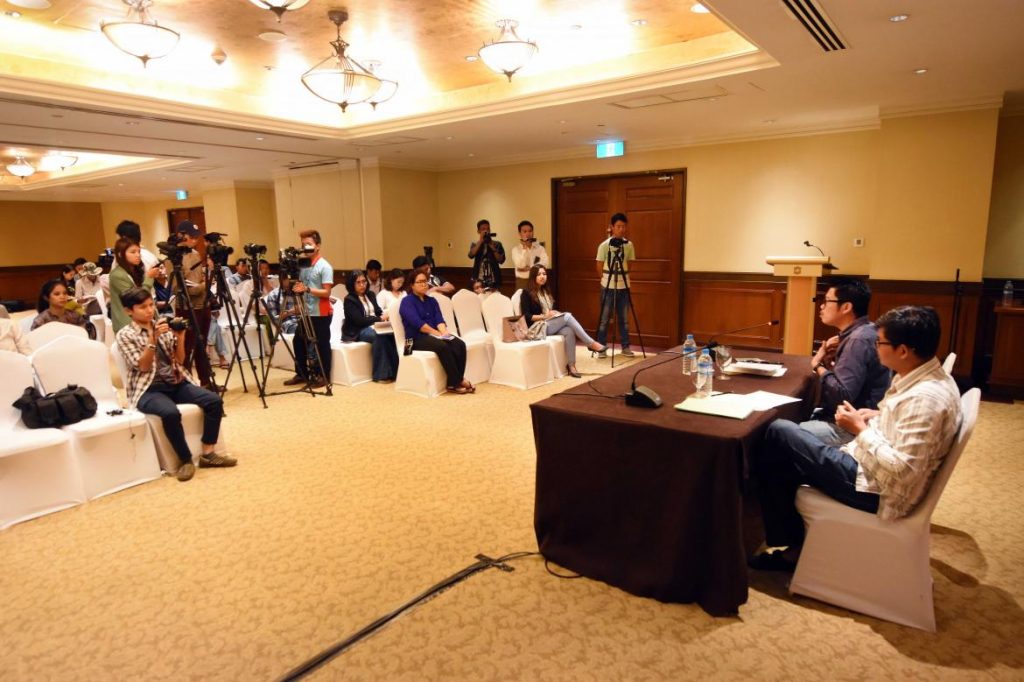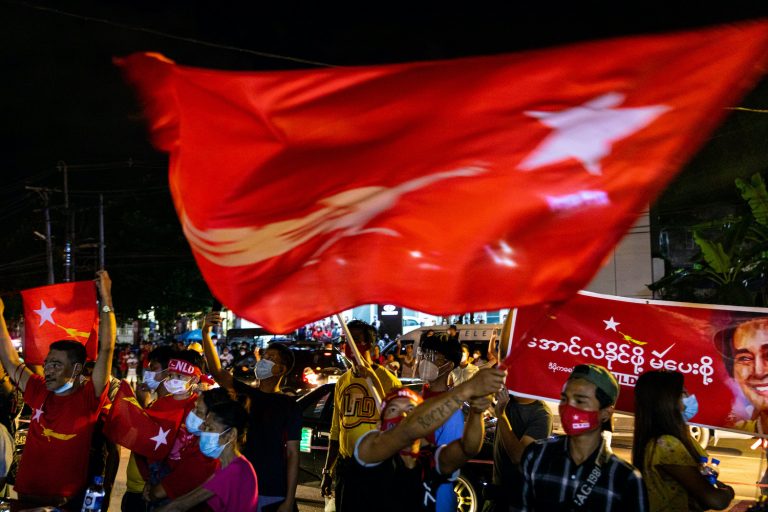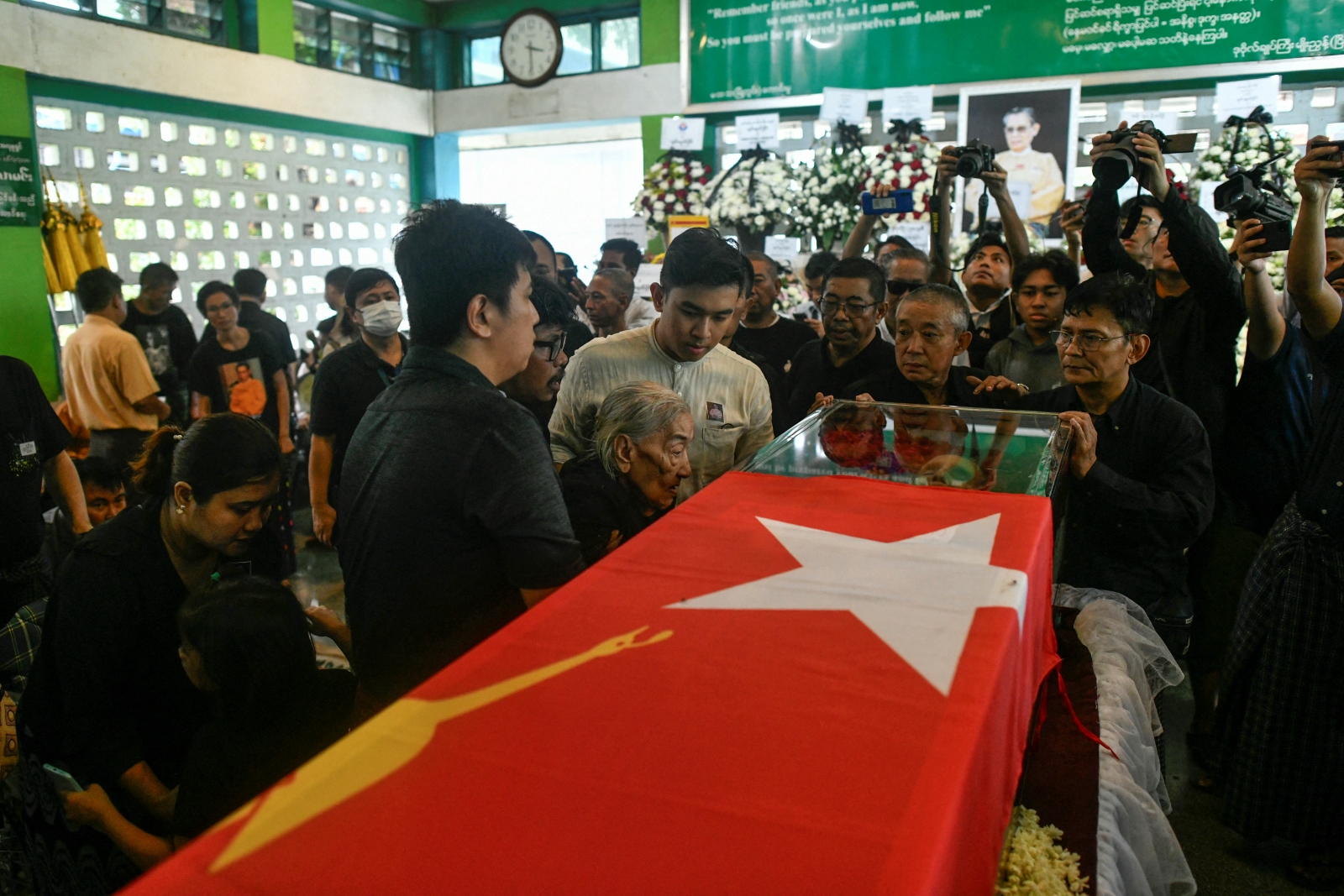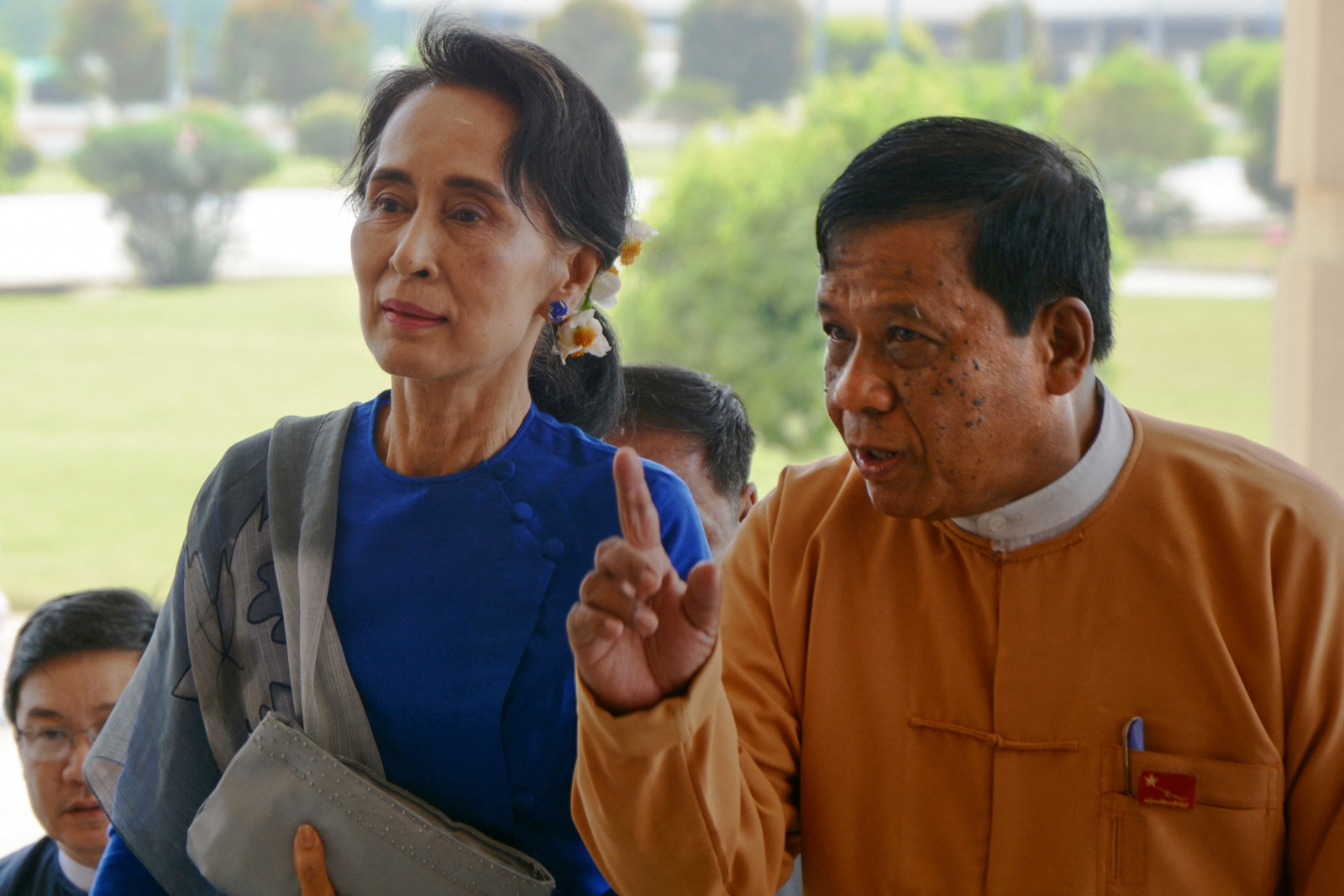By HEIN KO SOE & THOMAS KEAN | FRONTIER
YANGON — A major opinion survey has found a collapse of interpersonal trust over the past year, with the proportion saying that most people could be trusted falling from 37 percent to just 17 percent.
The survey also found strong support for the government’s handling of the peace process, and the majority of respondents believed the government was addressing the most important national issues.
But the People’s Alliance for Credible Elections, which interviewed 2,808 people nationally for the poll in November, said there had been a “dramatic drop” in interpersonal trust from when the survey was conducted in 2016.
Seventy-four percent said they needed to be “very careful” when dealing with people, while 8 percent were unsure. There was no difference between states and regions, urban and rural populations, and men and women, PACE said.
Support more independent journalism like this. Sign up to be a Frontier member.
The result was similar to what had been observed in Asia Foundation and Asia Barometer Survey polls conducted in 2014 and 2015, respectively.
PACE executive director Sai Ye Kyaw Swar Myint said at a launch ceremony on January 25 that the changing political environment might explain the drop in trust. The previous survey was conducted in May 2016, when the National League for Democracy had just taken office following its landslide victory in the 2015 election. He suggested that optimism after the smooth transition had given people hope and encouraged them to feel better towards others. “But in 2017 trust has dropped. There may be many reasons,” he said.
Ko Jimmy from the 88 Generation Peace and Open Society said the “broken trust” was a legacy of 60 years of military rule, during which time people in Myanmar had their rights violated with impunity.
“Now we are trying to build confidence in our political institutions and enable everyone to be free from fear, but we need much more time. This lack of trust will not go away overnight,” he said.
Another key finding from the PACE survey was the low priority attached to constitutional reform – just 1 percent of respondents described it as the most important national issue – and the perceived importance of the peace process (37 percent), economy (31 percent), and infrastructure and government services (28 percent). At the community level, government services and infrastructure were identified as the most important problem by 51 percent of those surveyed.
Asked about the level of satisfaction with the government’s performance, 38 percent agreed the government was addressing the most important national issues, while just 16 percent disagreed.
Despite the apparent lack of progress on peace – the government has not held a 21st Century Panglong Union Peace Conference since May 2017, despite pledging to arrange a meeting every six months – 60 percent of those surveyed said the peace process was on the right track, while only 21 percent disagreed.
While a majority of residents in the Bamar-dominated regions said the peace process was progressing at the right pace – 50 percent, with 32 percent saying it was too slow – the result was reversed in the ethnic minority-dominated states, where 47 percent said it was going too slow, and 30 percent said it was at the right pace.
However, only those who were aware of the peace process were asked about its progress and pace; 45 percent of respondents were either unaware or refused to answer.
Titled “Public Opinions on Citizen’s Democratic Aspirations”, the survey, which covered 254 townships, also covered issues including tolerance, participation in community and political activities, barriers to voting, priority problems at the local and national level, performance of MPs, democratic mechanisms and constitutional reform.







